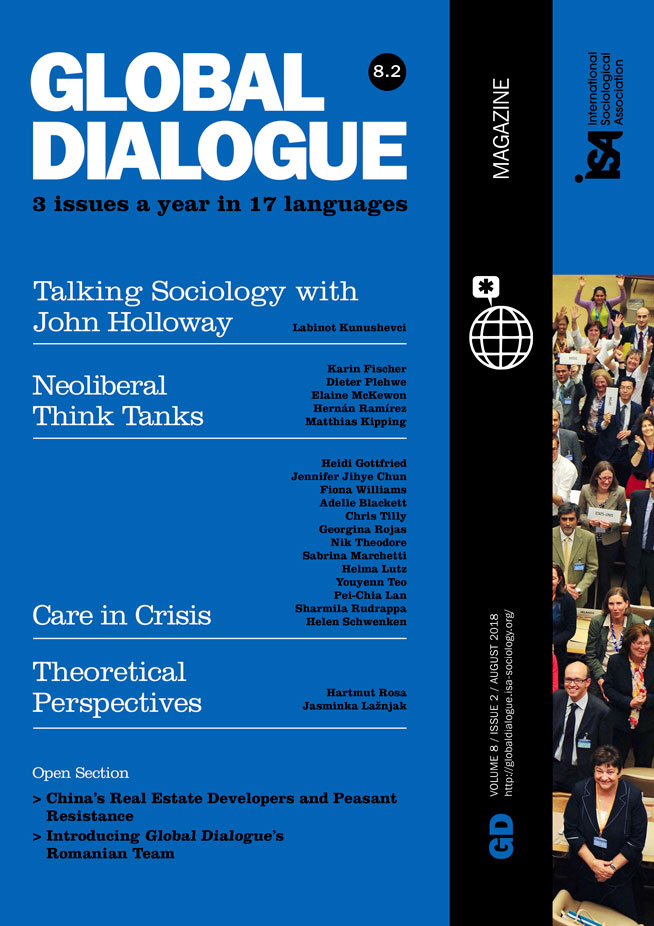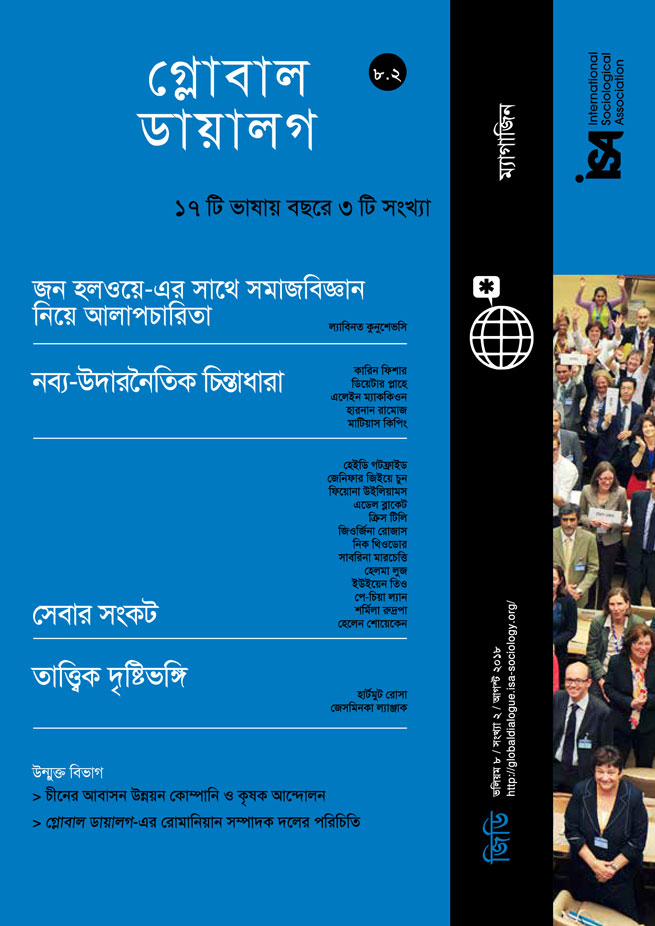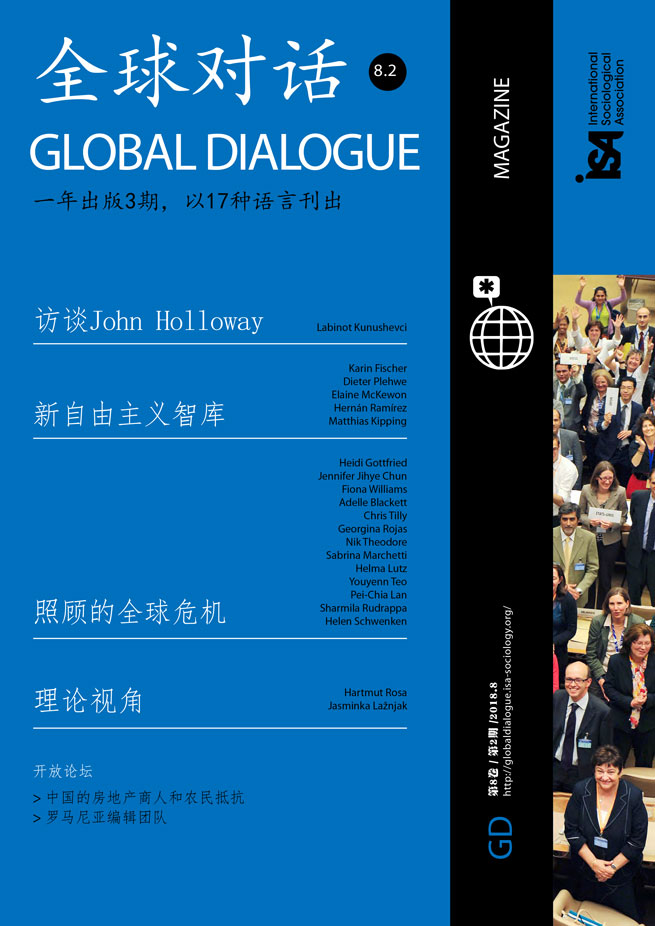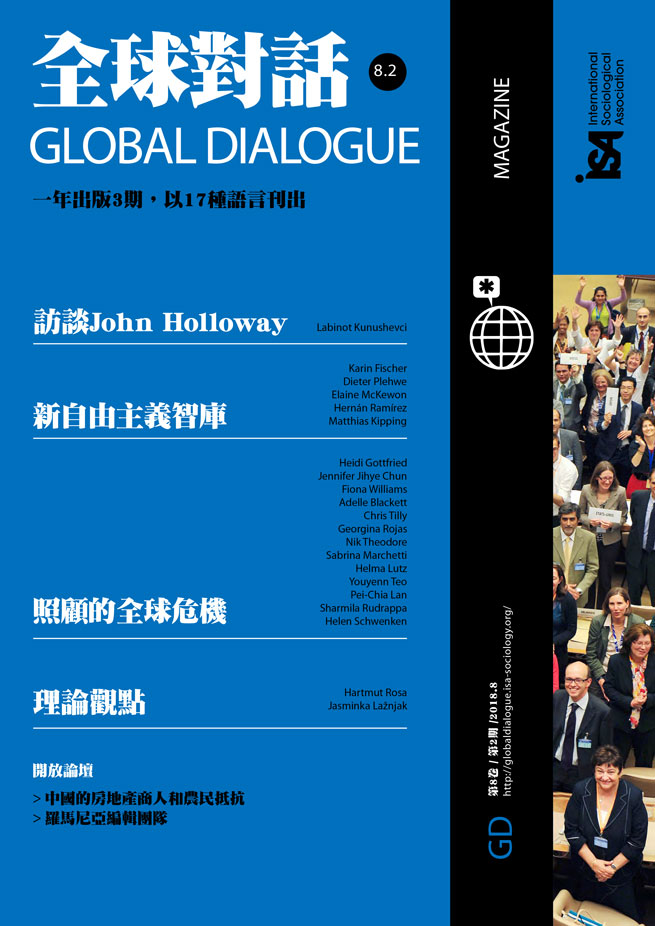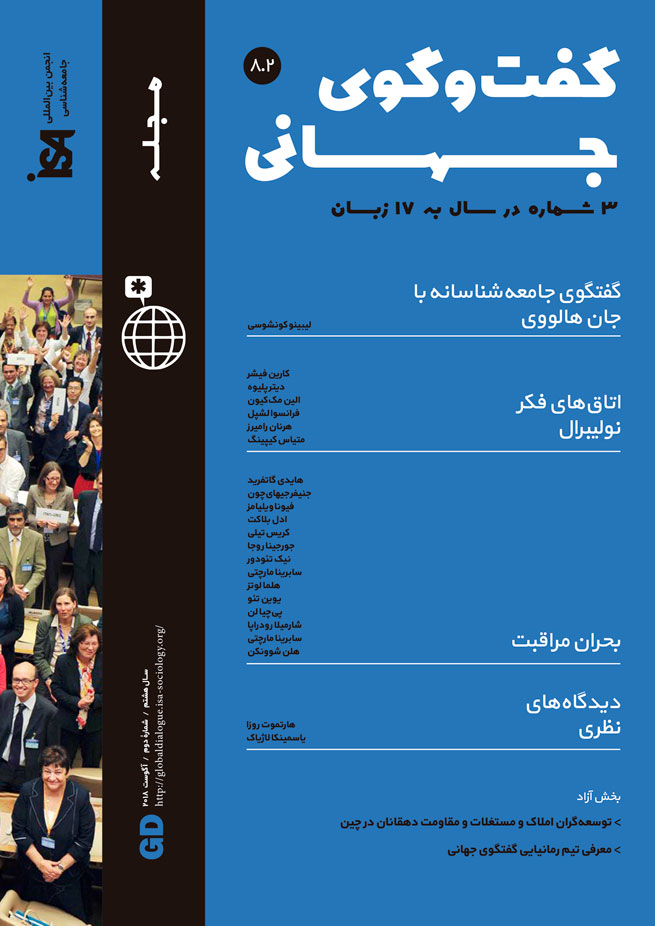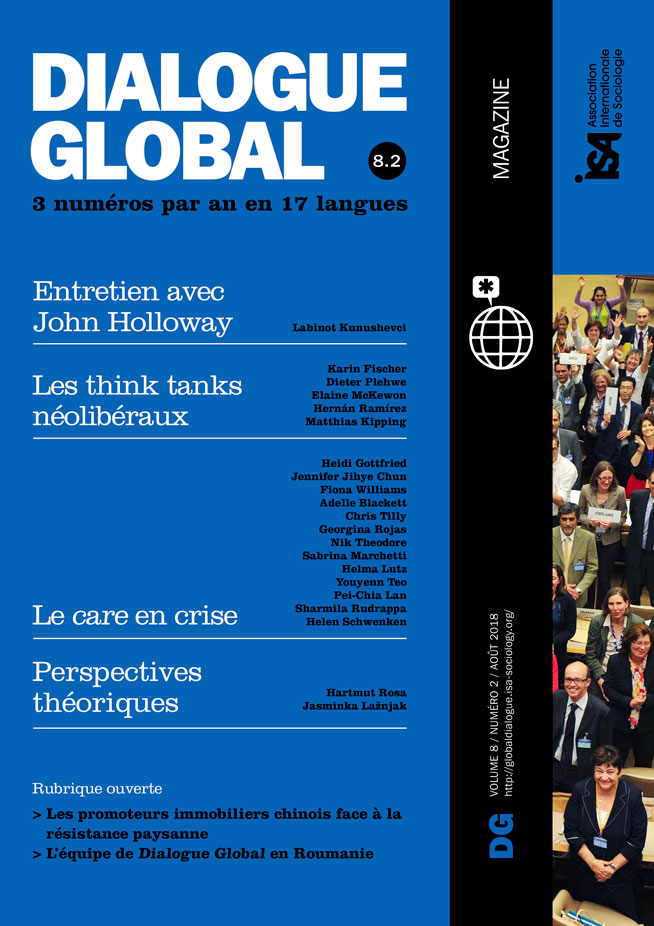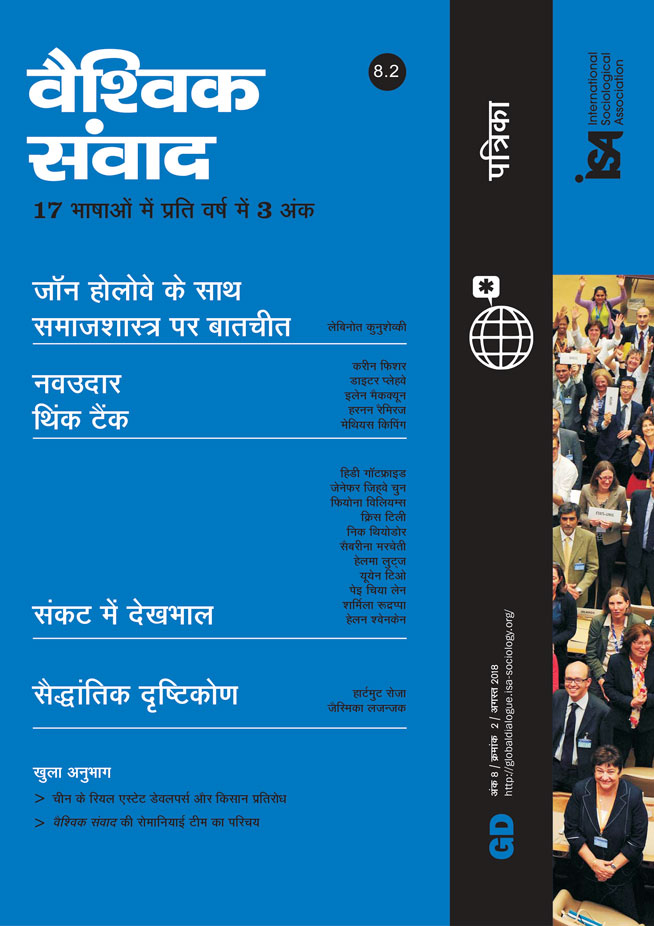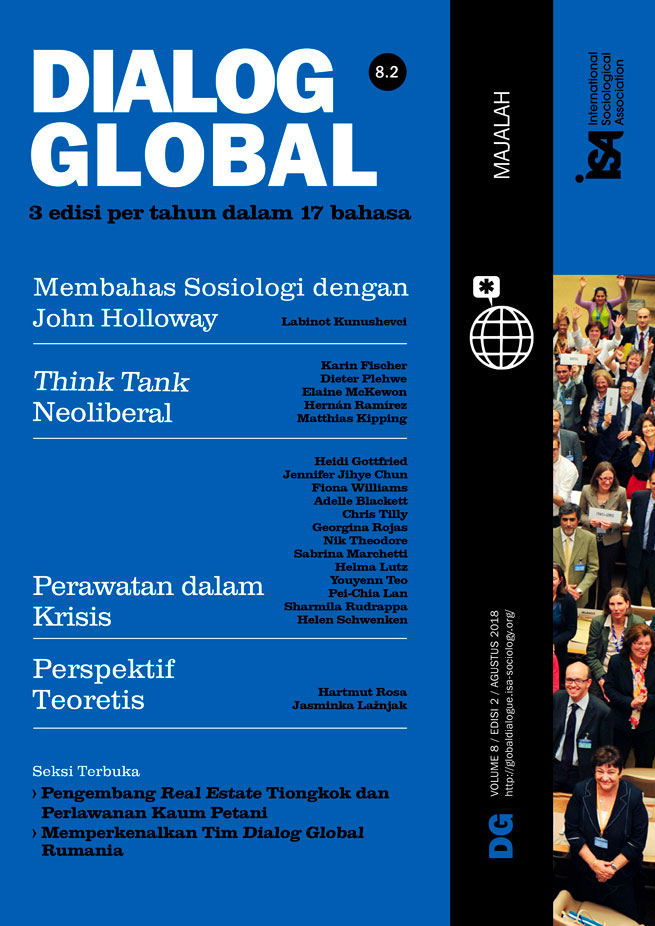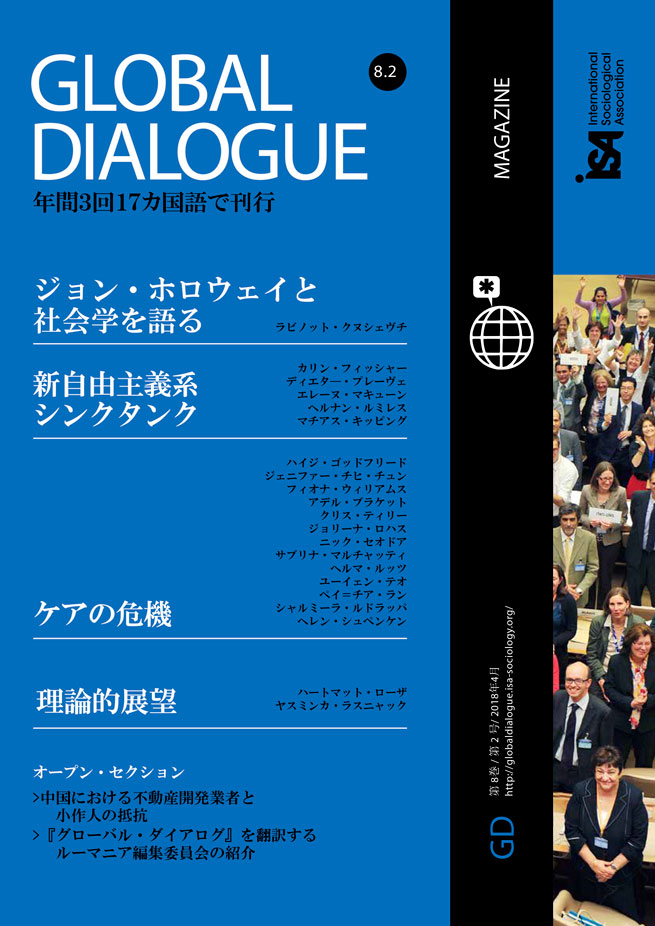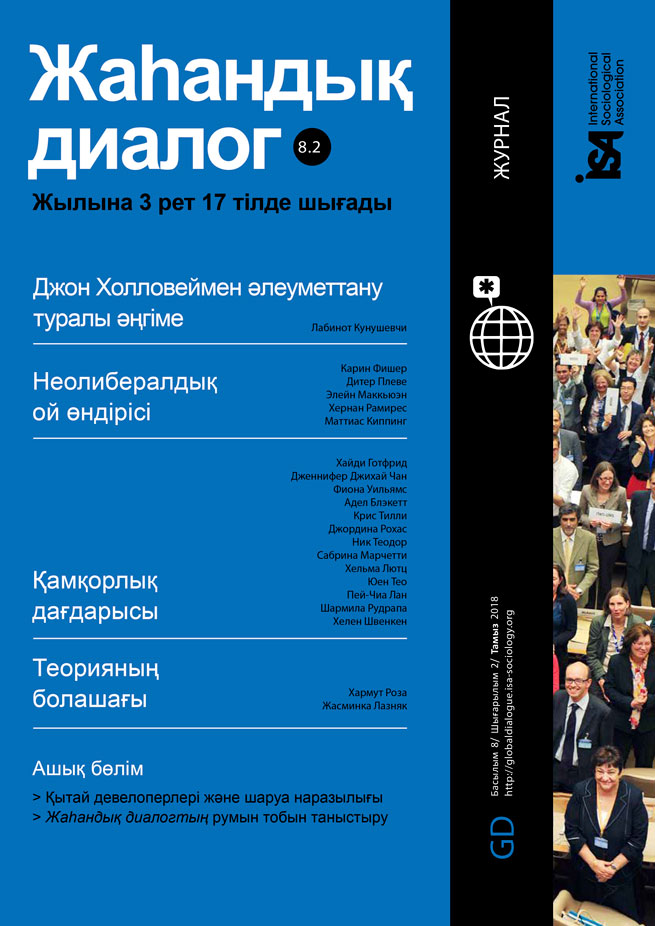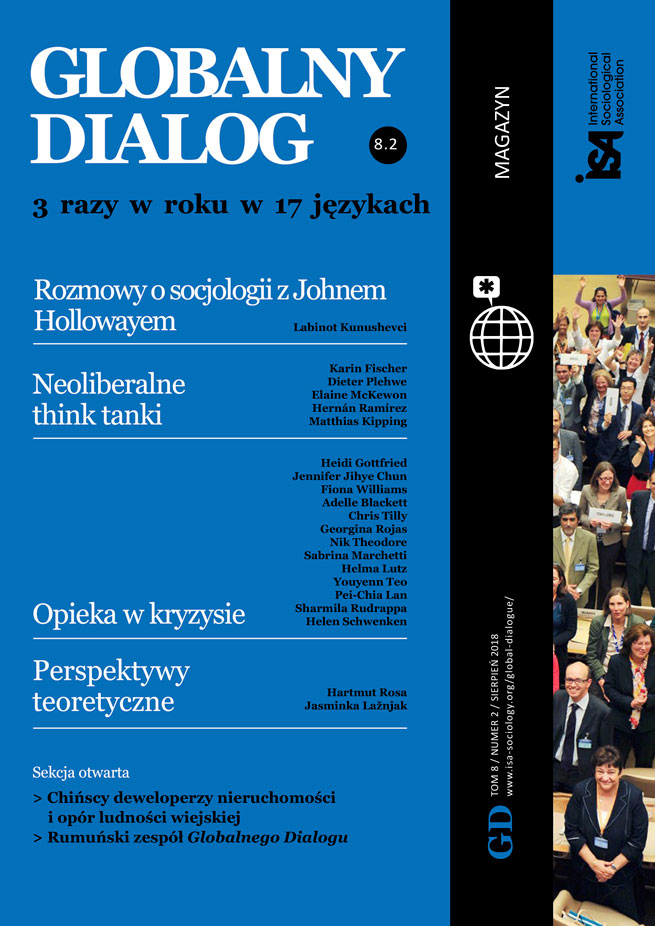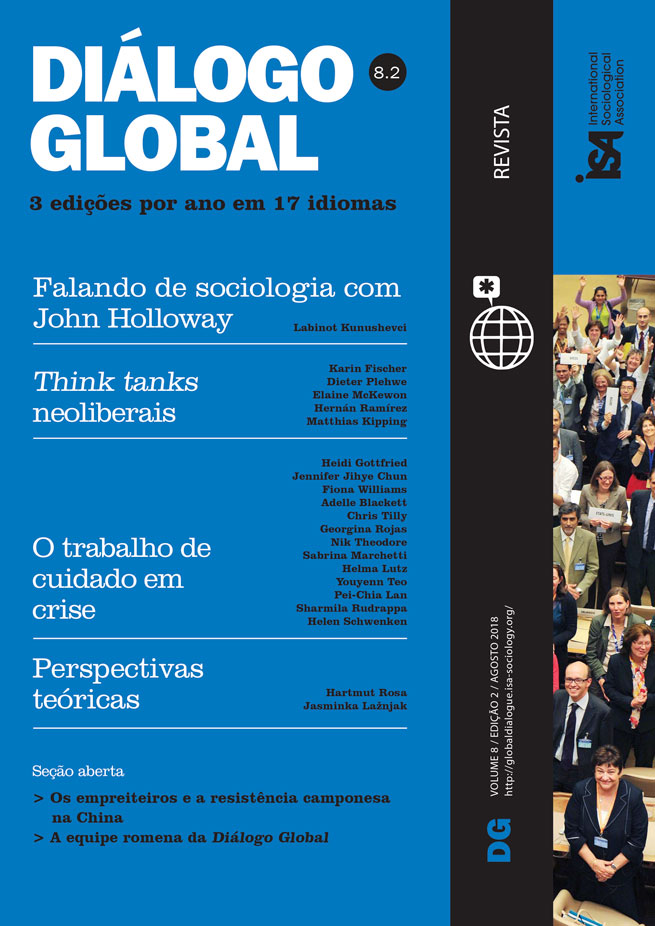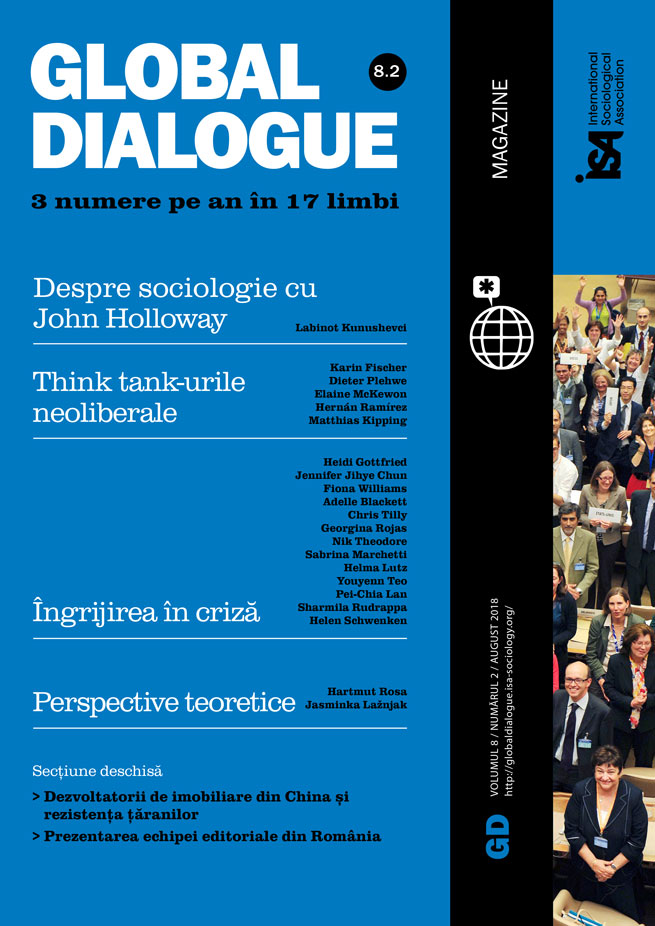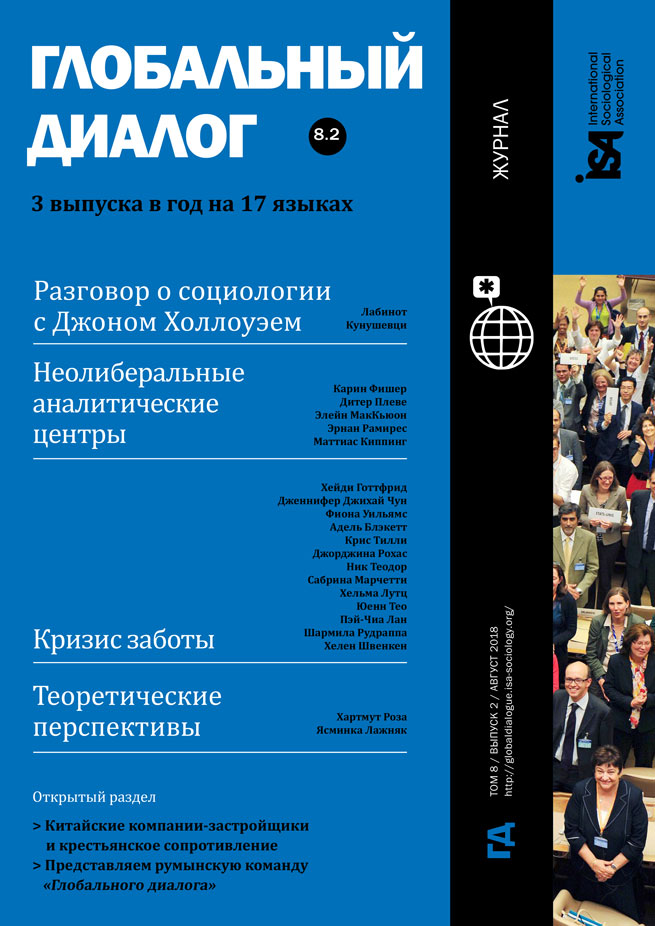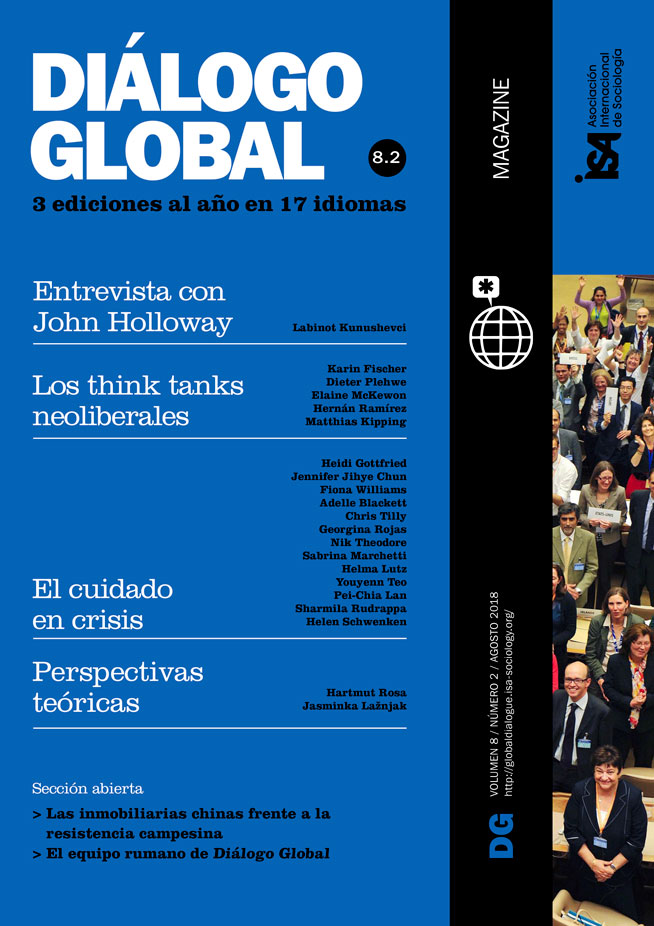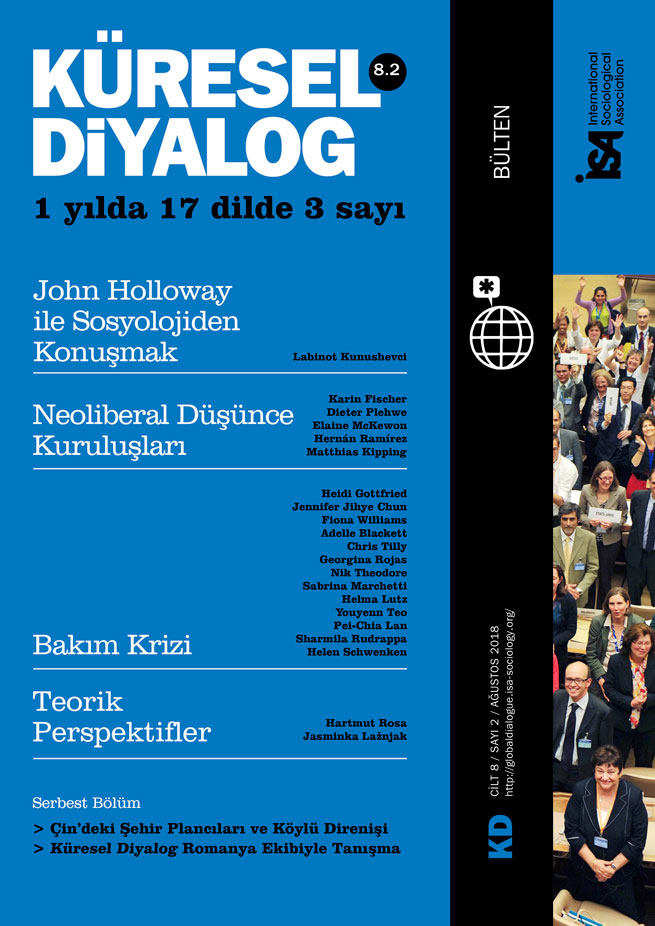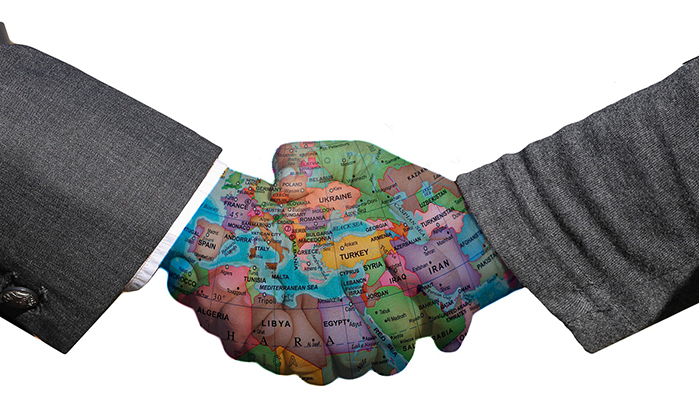Think tanks come in many shapes and sizes, but appear to be proliferating and growing in importance. Formerly supplementing universities and research institutions of interest groups or membership organizations, they have become critical agents in politics and policy making. The rise of the think tank model has pushed university-based intellectuals to the margins of public political debates. The think tank professional has replaced the university professor as an “expert” in the media.
Think tank professionals seek to present themselves as technocratic operators dedicated to neutral knowledge and evidence-based approaches. Also, the traditional American understanding of a think tank emphasizes independent expertise and the public interest.
But contrary to promotional images, most think tanks are policy-oriented. As organizations dedicated to policy-related expertise, consulting, and diffusion – the minimum requirement to function as a think tank, not an exhaustive definition – they secure, produce, and channel selected knowledge. It is the merit of critical think tank (network) studies to have demonstrated that think tank expertise is political rather than neutral and controversial rather than technocratic. Situated at the intersections of academia, economic interests, politics, and media, think tanks can thus be viewed as part of preference, civil society, and class formation processes.
This applies in particular to the “capacity building” of the neoliberal right. Free market think tanks were strategic trailblazers of the “neoliberal counter-revolution” in the 1970s. Since then, well-developed networks have engaged in the “battle of ideas” and contributed to the continuing strength of neoliberal paradigms. Connected and coordinated across borders and mostly with an elitist character, they attempt to conquer a larger audience and influence governance matters on a national and international scale. They devote a lot of creativity and corporate money to develop story lines and push politics in a certain direction. The transnational neoliberal architecture is hitherto unmatched by competing forces – since powerful corporations and billionaires lean largely to the political right. Free market environmentalism and climate change skepticism, emanating from neoliberal and neoconservative think tank networks and financed by the fossil fuel, mining, and energy industries, are a striking example of this.
The articles in this section highlight different aspects of the think tank phenomenon. Karin Fischer traces the development of the Atlas Network, thereby showing that think tank research should go beyond the study of individual organizations. Dieter Plehwe shares the “network approach” (http://thinktanknetworkresearch.net/) in his analysis of the proliferating (neoliberal) think tank landscape in Europe. Plehwe illuminates the politics of policy think tanks in their efforts to transform the EU along neoliberal and conservative lines.
Two case studies show how fiercely the “battle of ideas” is being pursued. Elaine McKewon describes the work of a neoliberal think tank in Australia in the field of climate change denial. She points to the wider (corporate) webs of influence and clarifies that the think tanks involved share membership in organized neoliberal networks. In Brazil, Atlas-affiliated “freedom fighters” became the main organizers against the Workers’ Party and Dilma Rousseff’s presidency. Hernán Ramírez traces the roots of these new actors back to the 1960s and shows their connections with older think tanks and networks of organized neoliberalism in Brazil and beyond.
Finally, Matthias Kipping discusses in his article an especially ingenious example of hiding the knowledge-interest nexus that characterizes the think tank model. Commercial global consulting firms afford themselves the luxury of maintaining think tanks, thereby taking advantage of their ostensibly non-profit character and their claims to legitimate, “evidence-based” knowledge.
What do these case studies suggest for critical think tank research? First, policy or partisan think tanks should be studied as transnational networks of individuals, organizations, and ideas. Second, research should detect the logics of constituencies and influence behind a think tank or a network in terms of ideological, financial, political, and academic commitments. Third, research on the subject should adopt a broader perspective and situate think tanks in civil society and class formation processes.
Karin Fischer, Johannes Kepler University, Austria






